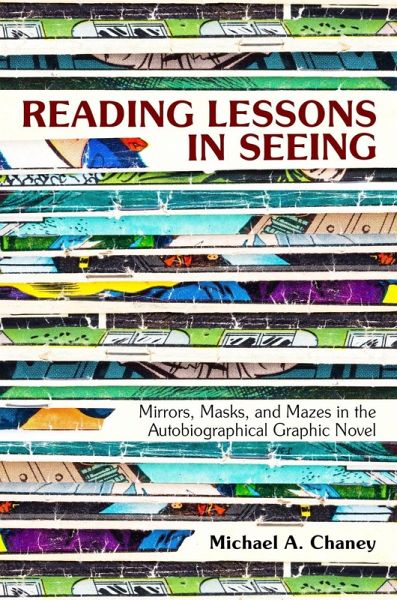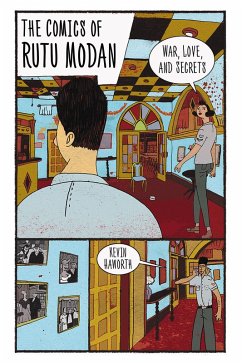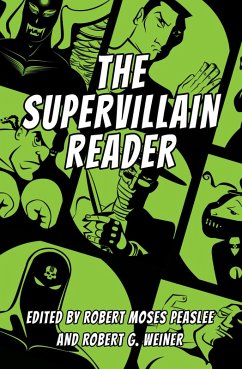
Reading Lessons in Seeing (eBook, ePUB)
Mirrors, Masks, and Mazes in the Autobiographical Graphic Novel
Versandkostenfrei!
Sofort per Download lieferbar
16,95 €
inkl. MwSt.
Weitere Ausgaben:

PAYBACK Punkte
8 °P sammeln!
Literary scholar Michael A. Chaney examines graphic novels to illustrate that in form and function they inform readers on how they ought to be read. His arguments result in an innovative analysis of the various knowledges that comics produce and the methods artists and writers employ to convey them. Theoretically eclectic, this study attends to the lessons taught by both the form and content of today's most celebrated graphic novels.Chaney analyzes the embedded lessons in comics and graphic novels through the form's central tropes: the iconic child storyteller and the inherent childishness of ...
Literary scholar Michael A. Chaney examines graphic novels to illustrate that in form and function they inform readers on how they ought to be read. His arguments result in an innovative analysis of the various knowledges that comics produce and the methods artists and writers employ to convey them. Theoretically eclectic, this study attends to the lessons taught by both the form and content of today's most celebrated graphic novels.
Chaney analyzes the embedded lessons in comics and graphic novels through the form's central tropes: the iconic child storyteller and the inherent childishness of comics in American culture; the use of mirrors and masks as ciphers of the unconscious; embedded puzzles and games in otherwise story-driven comic narratives; and the form's self-reflexive propensity for showing its work. Comics reveal the labor that goes into producing them, embedding lessons on how to read the "work" as a whole.
Throughout, Chaney draws from a range of theoretical insights from psychoanalysis and semiotics to theories of reception and production from film studies, art history, and media studies. Some of the major texts examined include Marjane Satrapi's Persepolis; Chris Ware's Jimmy Corrigan: The Smartest Kid on Earth; Joe Sacco's Palestine; David B.'s Epileptic; Kyle Baker's Nat Turner; and many more. As Chaney's examples show, graphic novels teach us even as they create meaning in their infinite relay between words and pictures.
Chaney analyzes the embedded lessons in comics and graphic novels through the form's central tropes: the iconic child storyteller and the inherent childishness of comics in American culture; the use of mirrors and masks as ciphers of the unconscious; embedded puzzles and games in otherwise story-driven comic narratives; and the form's self-reflexive propensity for showing its work. Comics reveal the labor that goes into producing them, embedding lessons on how to read the "work" as a whole.
Throughout, Chaney draws from a range of theoretical insights from psychoanalysis and semiotics to theories of reception and production from film studies, art history, and media studies. Some of the major texts examined include Marjane Satrapi's Persepolis; Chris Ware's Jimmy Corrigan: The Smartest Kid on Earth; Joe Sacco's Palestine; David B.'s Epileptic; Kyle Baker's Nat Turner; and many more. As Chaney's examples show, graphic novels teach us even as they create meaning in their infinite relay between words and pictures.
Dieser Download kann aus rechtlichen Gründen nur mit Rechnungsadresse in A, D ausgeliefert werden.













